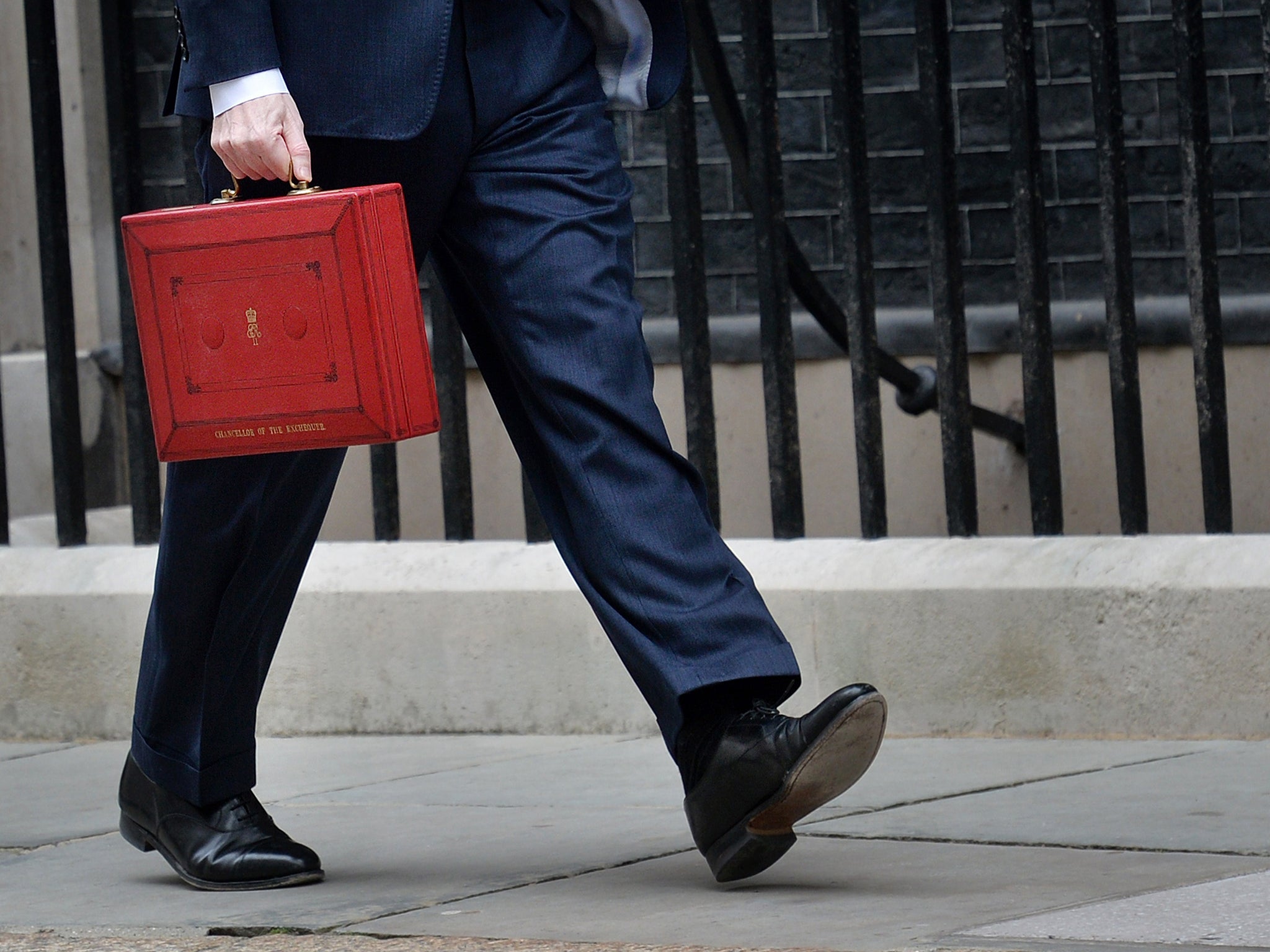Autumn Statement and Spending Review: what is it and why does it matter?
The Spending Review determines how the Government will spend taxpayers’ money over the course of the parliament

What is the Spending Review and the Autumn Statement?
On Wednesday November 25, the Chancellor will make a big announcement about how he plans to spend taxpayers’ money and cut spending in Government departments.
What’s the difference?
The Autumn Statement happens every year and is a Government update on plans for the economy. It’s the second of two updates every year after the Budget, which happens around March, ahead of the new financial year.
The Spending Review happens whenever the Government wants it to happen – the last one was held in 2013. They were only introduced in 1998 when Gordon Brown wanted to give a longer term view of the Government's spending plans.
It determines how the Government will spend taxpayers’ money over the course of the parliament. It comes with a document that will set out how £4 trillion of taypayers’ money will be spent.
This year they are both being announced on the same day.
£4 trillion! How does the Government even start allocating that much money?
The Spending Review is split into departmental settlements, which are the amount the Government allocates to each department to spend over the parliament.
These settlements are then spent on running schools, hospitals and other public services. More information on the types of budget are available in the Government’s spending guide.
How does it all go down?
Wednesday will be like any other Budget day: the Chancellor will give a speech to MPs in the House of Commons, explaining his plans for the public’s money.
What’s he going to say?
Suffice to say, it’s probably not going to be great news for public services. Massive spending cuts are expected as Osborne tries to cut the UK’s deficit, or the gap between what it spends and what it gets in income through taxes.
Osborne said earlier this year that he plans to cut £20 billion in public spending from police, businesses, science, local government and justice in the next five years.
The Institute of Fiscal Studies has calculated that Govenment departments are facing average budget cuts of 27 per cent in the next five years, which will equate to slashing real spending on departments in half over the decade.
Subscribe to Independent Premium to bookmark this article
Want to bookmark your favourite articles and stories to read or reference later? Start your Independent Premium subscription today.

Join our commenting forum
Join thought-provoking conversations, follow other Independent readers and see their replies